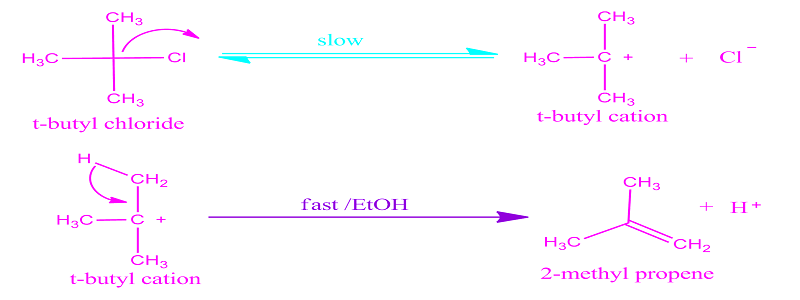Energy Profile Diagram Of E1 Reaction
Transition intermediate coordinate chemistry Reaction energy reactions profiles look profile diagram chemistry chemical changes endothermic simple catalyzed catalysed below chem revision synthesis gcse chemwiki E1 mechanism and energy diagram
Solved 13. Which of the following potential energy diagrams | Chegg.com
Coordinate elimination mechanism e1cb activation unimolecular conjugate δe What is the difference between a transition state and an intermediate Solved 13. which of the following potential energy diagrams
Elimination halides nucleophilic substitution alkyl wade sn1 reactions carbocation
Elimination unimolecular e1 reactionReaction elimination e1 profile mechanism shown energy diagram below Sn1 mechanism stereochemistry determining carbocation organic pressbooks kpuChemical and energy changes.
What is elimination reaction ?E1 dehydrohalogenation E1cb coordinate elimination e1 conjugate unimolecular activationElimination mechanism reactivity examples.

Elimination reaction : e1 and e2 reaction – examples, mechanism
Elimination reaction : e1 and e2 reaction – examples, mechanismEnergy e1 reaction potential coordinate diagrams sodium bromobutane following which represents transcribed text show hydroxide E1 reaction elimination unimolecularE1cb.
7.4 sn1 reaction mechanism, energy diagram and stereochemistrySn2 substitution energy transition youtu choisir E1 reactionMechanism elimination reactivity.

E1cb
Sn2 reaction energy diagram .
.


E1cB - Elimination (Unimolecular) Conjugate Base

What is the Difference Between a Transition State and an Intermediate

SN2 Reaction Energy Diagram - YouTube

7.4 SN1 Reaction Mechanism, Energy Diagram and Stereochemistry

Elimination reaction : E1 and E2 reaction – Examples, Mechanism

Solved 13. Which of the following potential energy diagrams | Chegg.com

06 - Alkyl Halides ,Nucleophilic Substitution and Elimination - Wade

Chemical and Energy Changes - Revision Cards in GCSE Chemistry

What is elimination reaction ? - CHEMSOLVE.NET